John Calipari wishes Oscar Tshiebwe didn't retaliate, but "I understand"
Oscar Tshiebwe could have been ejected in Kentucky‘s win at Arkansas. Many argue he should have — Razorback fans are still crying about the officiating, a game where 52 combined fouls were called and 67 free throws were taken (34 for UA, 33 for UK).
Tshiebwe threw an elbow at Makhi Mitchell with 16:12 remaining in the first half, a play that resulted in double fouls and an additional technical assessed to Anthony Black. And then he was called for a flagrant-1 after connecting on a forearm to Kamani Johnson’s face with 1:17 to go in the first.
Both shots were reviewed and either could have resulted in a flagrant-2 and ejection. Clearly frustrated with the over-the-top physicality, Tshiebwe retaliated out of emotion. And given the circumstances with Kentucky severely short-handed as is, that just can’t happen.
But John Calipari gets it. Teams have to slow you down somehow when you’re the biggest guy on the floor who dominates the game the way Tshiebwe does. It’s like when Shaquille O’Neal took beatings down low in his prime with the Lakers — your options were to foul or let him dunk on your head, and officials can’t call a foul on every touch. The Kentucky star big man has learned that the hard way.
After two years of keeping his composure as cheap shots piled up as a Wildcat, Tshiebwe finally lost his cool. But can you blame him? His head coach doesn’t.
“I didn’t like that Oscar responded, but he’s been here two years and he’s never responded to anybody grabbing him and punching him, pushing him to the floor. He has not responded one time,” Calipari said during his call-in radio show Monday evening. “But he finally got fed up with, ‘Quit grabbing me and pushing me! You’ve got two arms around me blocking me out!’ Are you allowed to displace a guy blocking him out? He has space and you go block him out, try to move him five feet.”
Tshiebwe, of course, took the high road after the win.
“To help my team, I just need to realize sometimes it can get too much,” Tshiebwe said. “Sometimes you get mad, I just can’t deal with this anymore; the referee too. They said, ‘Oscar, keep [your head] up.’ The way I responded was not good. I need to do better to help my team. I cannot get angry at the beginning the game like that. When you start getting fouled, fouled, fouled, it started affecting me to play aggressive to help my team, so I gotta relax.”
But Calipari understands that sometimes enough is enough. You can’t play with different sets of rules for different players just because they may be able to physically take it. A foul is a foul whether you’re built like Oscar Tshiebwe or Daimion Collins. Contact is contact — and the former sure does take a lot of it.
“We’re watching all these games and I know you’re watching on TV, you say, ‘Why is that not a foul?’ ‘Because he’s 255 pounds and has 6% body fat, he should be able to take it.’ What? So he has rules and other guys don’t?” Calipari said. “I told him, ‘I’m not happy you did it, but I understand.’ I looked at the team and said, ‘I’ve been with him two years, he’s had stuff happen to him and he never says a word. Never says a word to the officials, never says a word to the other team. Think about what must have gone through his mind for him to get angry. Like, ‘I’ve had enough. Enough. Stop. I’ve got two arms around me.'”
It was simply part of Eric Musselman’s game plan, one that backfired. Rather than using the blueprint the Razorbacks wrote in Lexington less than a month before, they tried beating the Wildcats mentally and emotionally. Knowing they were down key players and banged up elsewhere, Arkansas felt the ground crumble eventually given the stakes and environment.
Instead, it was Musselman’s group who crumbled — looking at you, Davonte Davis.
“It was a physical game, and we were physical too,” Calipari said. “We just said, ‘Look, it’s not happening.’ We didn’t have our point guards, so they just said, ‘Go after them.’ Muss said in the second half, ‘Just get more aggressive with them.’ And they did. I was happy with the guys and they were happy for each other.”
Pat Forde says “officials will be under a microscope” in Nashville
Tshiebwe’s reaction(s) and the ensuing penalties were among the most polarizing talking points of the weekend in the world of college basketball. Sports Illustrated’s Pat Forde says officiating will be one of the biggest questions the sport faces leading into championship week, specifically with the Kentucky star and the SEC.
How will he be officiated in Nashville, along with college basketball’s other strong, physical bigs in their respective league tournaments? Forde says refs will be “under a microscope” now more than ever.
“Tshiebwe is a handful to defend in the post, and a handful to officiate. In a replay-monitor-dependent era of heightened sensitivity about high elbows and flailing arms, the Kentucky post player is a lightning rod,” Forde wrote. “… In Nashville this week at the SEC tournament, officials will be under a microscope in their assessment of flagrant fouls, particularly shots to the head. Players have become dramatic actors in search of flagrant calls, and games can get bogged down as refs hover over monitors trying to decipher what happened.
“But this isn’t just an SEC thing. Big Ten refs have to determine what’s allowable contact involving Purdue’s Zach Edey; ACC refs have the constant entanglements of North Carolina’s Armando Bacot; and so forth. It’s a hard job, and it will be a significant part of what transpires over the rest of this month.”
Tshiebwe can’t let his emotions get the best of him as they did in Fayetteville, but officiating crews also have to do their job to not let things get out of hand. They failed in that regard in Kentucky’s matchup at Arkansas.
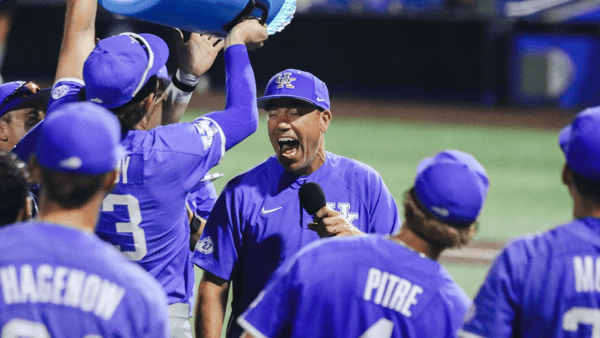
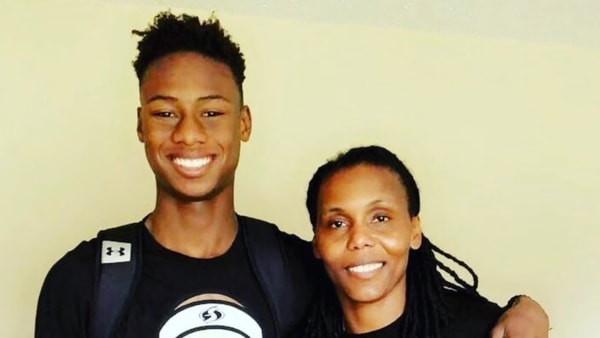
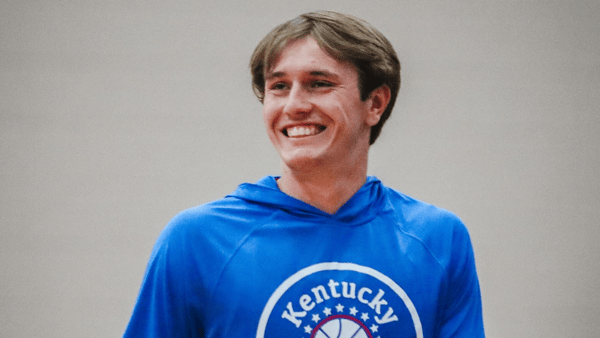
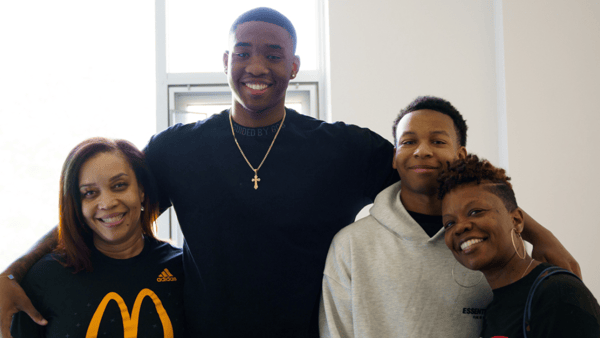

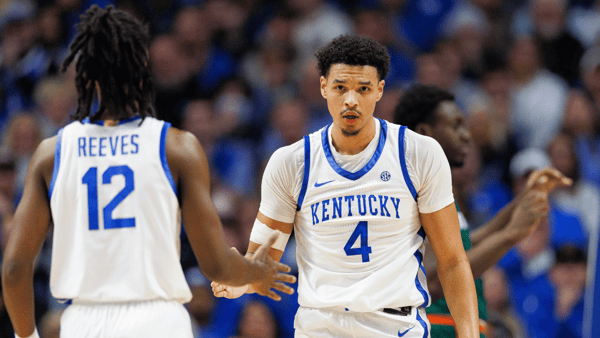
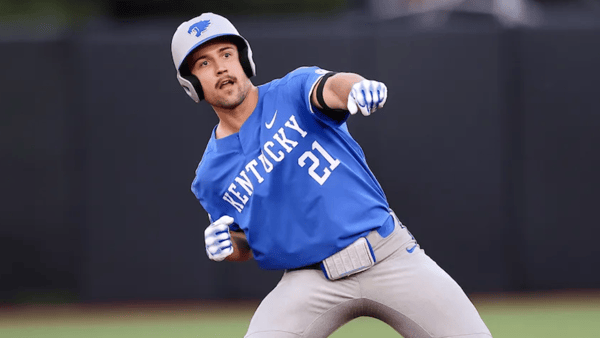

Discuss This Article
Comments have moved.
Join the conversation and talk about this article and all things Kentucky Sports in the new KSR Message Board.
KSBoard